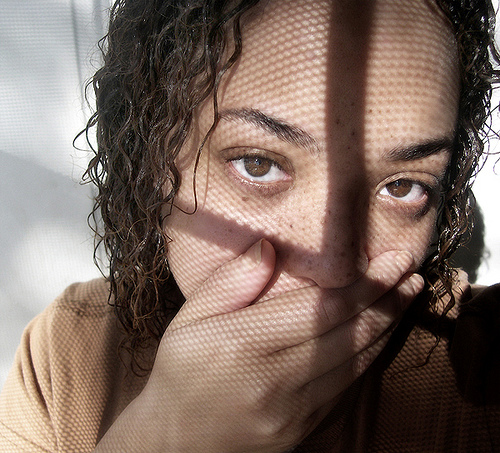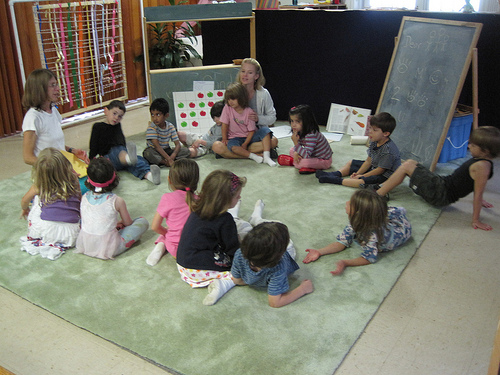 We had a nice George-vs-Autism moment this afternoon while we were driving down the highway. The four of us were on our way to the tuxedo place to get Gerard’s measurements taken.
We had a nice George-vs-Autism moment this afternoon while we were driving down the highway. The four of us were on our way to the tuxedo place to get Gerard’s measurements taken.
George was unusually calm: usually when we are out in the car, he insists on McDonalds, Tim Hortons, Wendy’s, or whatever fast food place happens to be closest to where we are. One thing that he definitely has no issues with is his memory – he only has to pass through a neighbourhood once for the locations of stores and restaurants to be indelibly stamped in his mind. As a result, our drives are accompanied by a running commentary. “I want McDonalds chicken burger, please, yes. I want Tim Hortons cheese bagel, please, yes. I want Baby Burger, please yes.” As we drive past a place, taking it out of the running, he starts targeting whatever place will come next.
Today, though, he was silent but alert. He was quietly observing the world as we whizzed by it, and as we approached a bridge going over the highway, he suddenly and animatedly said, “Look at the bridge! Look at the bridge!”
Parents of neurotypicals who have never been exposed to autism are probably reading this and saying, “Yeah? And?”
This is a big huge holy-crap-that’s-phenomenal deal. A completely spontaneous utterance, appropriate to the situation, made for the purposes of social communication.
It was a beautiful moment indeed.
Funny, the things that have power to bring tears to my eyes.
(Photo credit: http://www.flickr.com/photos/ell-r-brown/3815822976)












